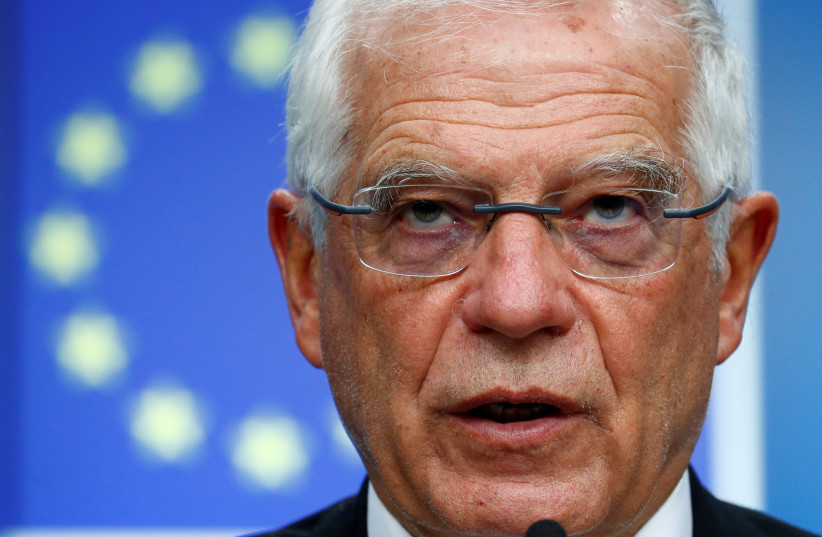Josep Borell, the European Union's High Representative for Foreign Affairs and Security Policy, compared Europe to a garden – and most of the world to a jungle – in a speech last Thursday at the European Diplomatic Academy in Bruges, Belgium.
“Europe is a garden. We have built a garden… The rest of the world… is not exactly a garden. Most of the rest of the world is a jungle. The jungle could invade the garden. The gardeners should take care of it,” Borrell said.
“The jungle has a strong growth capacity… walls will never be high enough in order to protect the garden. The gardeners have to go to the jungle, Europeans have to be much more engaged with the rest of the world. Otherwise, the rest of the world will invade us, by different ways and means.” declared Borrell in an analogy that some connect to Europe’s history of colonialism, fascism and genocide.
A troubling trope

The Kremlin’s spokeswoman, Maria Zakharova, responded to Borrell’s comments on Telegram, saying “The ‘garden’ was built by Europe due to the barbaric attitude to the plundering of the ‘jungle.’ Borrell could not say it better: the most prosperous system created in Europe was nourished by its roots from the colonies, which it ruthlessly oppressed.”
Other politicians from across the world jumped to condemn Borrell’s comments – including European and Western allies, such as Canada’s United Nations ambassador Bob Rae. “Surely history and our own lived experience teach us that no part of the world is free from violence,” Rae said.
Borrell, who has served in his capacity since December 2019, has been involved in many geopolitical arenas during his tenure – from the Ukraine-Russia War to the Iran nuclear deal, refugee crises and the burgeoning rivalry between the West and China. Some fear his comments – or at least the mentality behind Borrell’s analogy – could alienate nations in the developing world and undermine the European Union’s efforts to bolster global partnerships.
“It’s not the first time that Borrell’s behavior reflects poorly on the EU,” Alice Bah Kuhnke, a prominent Swedish member of the European Parliament said – referring to previous instances where his comments drew ire for being clumsy, inflammatory or crude.
“This kind of comment puts a serious dent in the enterprise of European strategic autonomy,” Mohammadbagher Forough, a research fellow at the German Institute for Global and Area Studies, said on Twitter. “It upsets, at the most profound level, countries in the rest of the world, because of the history of colonialism.”
